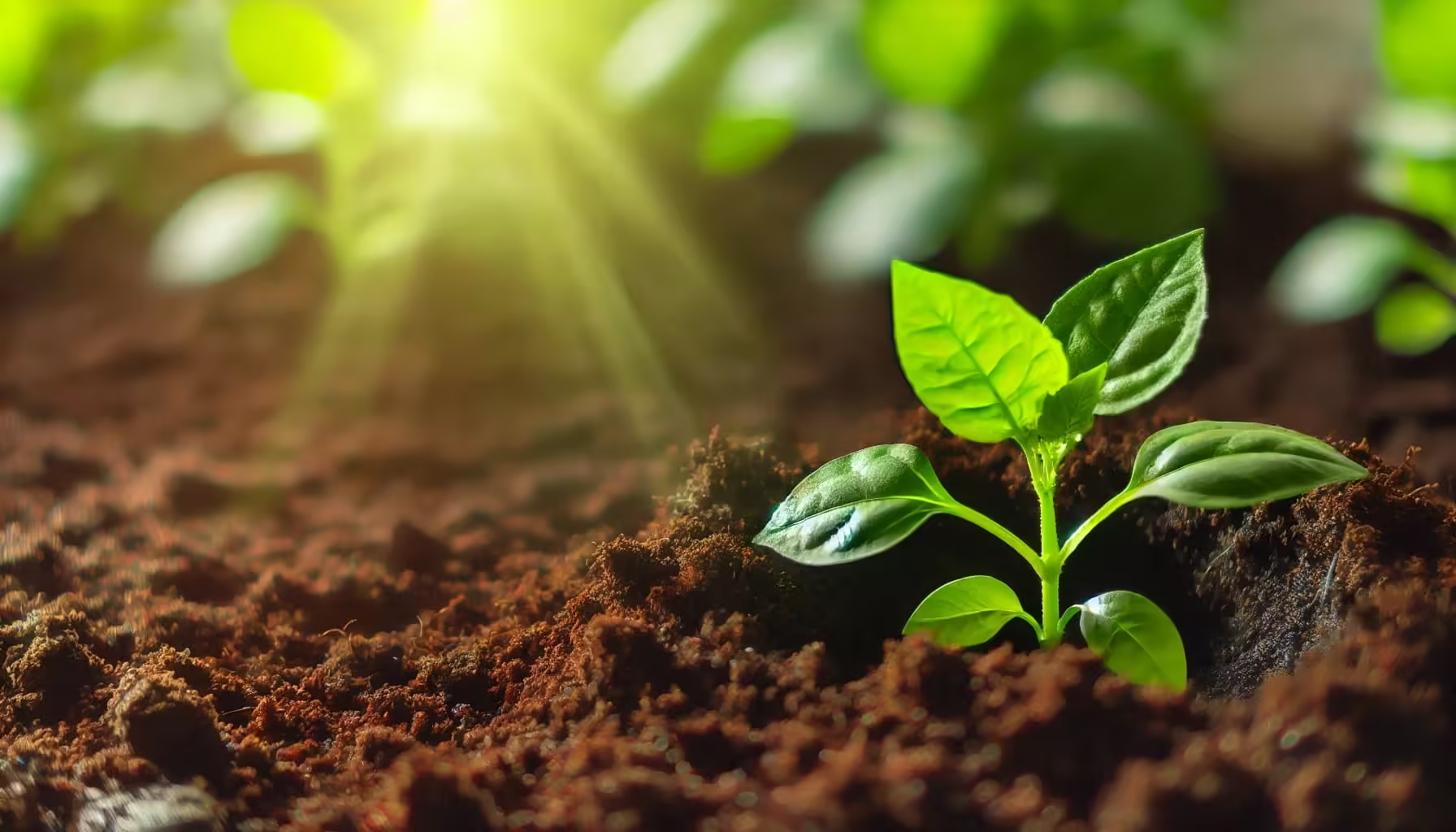
Discover Which Plants Dont Like Coffee Grounds in Your Garden
If you love coffee, here's some fun news: your leftover coffee grounds can be good for your garden! But, not all plants like coffee grounds.
Some plants grow better with them, while others might not do as well. It's important to figure out which plants in your garden will enjoy this coffee treat before you start using the grounds as fertilizer. Let’s find out which plants can benefit from coffee grounds! Discover the Surprising Plants That Reject Coffee Grounds!
The Impact of Coffee Grounds on Plant Health
Coffee grounds can be incredibly beneficial for your garden. They are rich in essential nutrients such as nitrogen, phosphorus, and potassium, which are crucial for healthy plant growth.
Moreover, coffee grounds are slightly acidic, making them ideal for plants that thrive in acidic conditions, such as rhododendrons, azaleas, and blueberries.
However, this acidity can be harmful to plants that prefer neutral or alkaline soil, such as lavender, asparagus ferns, and geraniums. Additionally, fresh coffee grounds may be too acidic for young seedlings and can potentially harm them. Therefore, it’s best to compost coffee grounds before using them around sensitive or young plants.
It’s essential to understand the specific needs of your plants when gardening on coffee grounds. This knowledge will ensure you maximize the benefits without causing harm to your garden.
Also Read: Coffee Manga: Sip & Flip Through Artful Stories.Beneficial Plants for Coffee Ground Use
Discover which plants can flourish with a sprinkle of coffee grounds!

- Tomatoes: These tasty fruits thrive in slightly acidic soil. To give tomatoes a little boost, mix coffee grounds into the soil before planting or sprinkle them around the base of established plants, making sure to avoid the stem.
- Peppers: Much like tomatoes, peppers benefit from the added acidity and nutrients that coffee grounds provide. Use coffee grounds in the same manner as you would for tomatoes to enhance their growth.
- Hydrangeas: Known for their vibrant flowers, hydrangeas thrive in acidic soil. Adding coffee grounds can help maintain their brilliant colors. However, it’s important to use them sparingly to avoid over-acidifying the soil, which can be detrimental.
- Roses: Although roses don’t specifically need acidic soil, coffee grounds can serve as an effective natural mulch. This helps retain moisture and suppress weeds around the plants.
Plants That Prefer to Avoid Coffee Grounds
While coffee grounds can be beneficial for some plants, others do not respond well to their acidity. Here’s a list of plants that should not be exposed to coffee grounds:
- Asparagus Ferns: These plants thrive in alkaline soil conditions. The acidity from coffee grounds can inhibit their growth.
- Geraniums: Similar to asparagus ferns, geraniums flourish in alkaline soil. The acidic nature of coffee grounds can be detrimental to their health.
- Italian Ryegrass: This type of grass prefers neutral to slightly alkaline soil. Introducing acidity from coffee grounds can adversely affect its growth.
- Chinese Mustard: Favoring neutral soil, Chinese mustard can suffer from the acidic impact of coffee grounds.
- Note: Always be cautious when considering coffee grounds for plants with specific soil pH preferences. If unsure, it’s safer to avoid using coffee grounds altogether.
Also Read: Ryze Mushroom Coffee: Ingredients, benefits, Hidden Risks.Enhancing Your Garden with Coffee Grounds: Simple Guidelines
If you’re considering incorporating coffee grounds into your gardening routine, here are some effective strategies:
Compost Before Use: Fresh coffee grounds are often too acidic and can overpower plants with their bitterness. Composting them first allows for a slower breakdown, making the nutrients more accessible and beneficial for your plants.
Begin with Small Amounts: Introduce a thin layer of coffee grounds around your plants initially and carefully observe their response to ensure it’s beneficial.
Avoid Excess: Using too many coffee grounds can significantly alter the soil’s pH, potentially harming your plants rather than helping them.
Apply Carefully: Ensure that the coffee grounds do not touch the plant stems directly, as this can cause damage.
By adopting these straightforward tips, you can make coffee grounds a valuable addition to your garden. The next time you enjoy your morning coffee, consider saving the grounds. With the right approach, they can enrich your garden, providing essential nutrients to your plants. Choose your plants wisely and use these insights to cultivate a thriving garden.
Faqs: Discover Which Plants Dont Like Coffee Grounds in Your Garden
Which plants do not like coffee grounds?
Certain plants do not respond well to coffee grounds because of their acidity and caffeine content. Plants like lilacs and lavender, which prefer alkaline conditions, may be harmed by the acidic coffee grounds. Additionally, caffeine can negatively affect sensitive plants such as some herbs and geraniums.
Are coffee grounds harmful to some plants?
Yes, coffee grounds can negatively affect certain plants. Plants such as lilacs and lavender, which prefer alkaline soil, may be harmed by the acidity in coffee grounds. Additionally, caffeine in the grounds can adversely impact sensitive plants, such as some herbs and geraniums.
Which plants benefit from coffee grounds?
Acid-loving plants like azaleas, blueberries, hydrangeas, rhododendrons, and roses thrive on coffee grounds. Vegetables like carrots, cucumbers, peppers, potatoes, and radishes also benefit from their application.
What pests are repelled by coffee grounds?
Interestingly, coffee grounds are great at repelling certain pests, including wasps, snails, and mosquitoes, rather than attracting them.
Which plants should avoid coffee grounds?
You should not use coffee grounds on plants that thrive in alkaline soil, such as linden, ironwood, red chestnut, and arborvitae. Plants like geranium, asparagus fern, Chinese mustard, and Italian ryegrass also suffer when exposed to coffee grounds.
What plants should I not put coffee grounds on?
Avoid using coffee grounds with plants that prefer alkaline conditions like lavender and lilacs, or those sensitive to caffeine, such as geraniums and some herbs. These plants do not react well to the acidity and caffeine in coffee grounds.